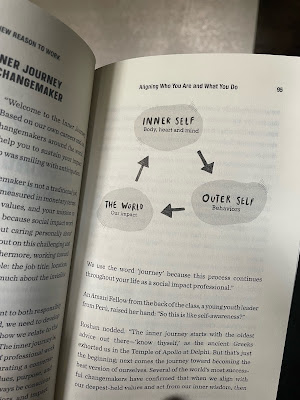Legal summary of GR 28/2024: A little note
Nearly a year after enacting the new health law, the Indonesian government issued the Government Regulation (Peraturan Pemerintah) Number 28 or GR 28/2024 on July 26, 2024. This regulation implements Health Law No. 17 of 2023 with more clarification and less redundance. It accommodates 1,1172 articles, a lot more than the law’s 458 articles.
Furthermore, the regulation delivers a range of topics, including: (a) tobacco products and electronic cigarettes; (b) processed foods; (c) digital health technologies; (d) mental health; (f) maternal, infant, and child health; (g) hospitals; (h) pharmaceuticals and medical services; (i) people with disabilities; and (j) sexual and reproductive health and rights.
GR 28/2024 encompasses two progressive regulations that address health concerns. Firstly, the restrictions and prohibitions on the sale of tobacco products. Secondly, the initiatives in organizing and enhancing safety and quality for mothers and infants.
Tobacco products and electronic cigarettes
The 2021 Global Adults Tobacco Survey revealed that more than 70 million adults in Indonesia were smokers. According to the 2019 Global Youth Tobacco Survey, nearly 19.2% of children aged 13 to 15 are smokers. This rate has become one of the highest in the world. As one of the major businesses in Indonesia, tobacco companies wield significant political and financial power due to their status as the largest source of government revenue, second only to oil, timber, and gas (Nicther et al., 2009).
Thus, they have moderately high exposure in promoting their products and agenda. For example, sponsoring public events, showing up on television, and easily finding in the marketplace without ID required when purchasing. Strengthening this, many companies advertise their “extra-mild” or “full flavor” products through user-generated contents on Instagram or TikTok. Not to mention the electronic cigarettes. The discourse that they build, including smoking is cool, and its product is less dangerous and easy to access. In Indonesia, no ID is required when purchasing smoke.
The definition of tobacco products has expanded under GR 28/2024. The definition now includes tobacco products in liquid, solid, or other forms, which originate from leaves processed through extraction or other methods influenced by technological advancements and consumer preferences. Regarding this, GR 28/2024 enforcing bans on tobacco advertising and promotion. The broadcasting of tobacco advertisements on television is now restricted to the hours of 10 p.m. to 5 a.m. local time.
Additionally, online platforms completely prohibit the ad. Other provisions include raising the minimum age of purchase from 18 to 21, and prohibiting outdoor tobacco ads within 500 meters of playgrounds and educational facilities. In terms of labeling, companies should not use words that imply quality or superiority, feelings of security, or words of equivalent meaning. On top of that, cities and districts are mandated to use the National Health Information System to track compliance with smoke-free regulations.
Maternal, infant, and child health
There are several examples of maternal health issues in Indonesia, including the lack of decent breastfeeding policies and the control of infant formula milk promotions. According to United Nations Indonesia, a significant number of workplaces still lack adequate breastfeeding facilities. One of them comes from Ririh’s personal experience. She works at one garment factory in Central Java, Indonesia. She always sits in a small, concrete toilet stall located in a bustling area. The space is both uncomfortable and unhygienic for nursing. However, it happened in 2014. Fast forward to the present day, and the factory has established a decent breastfeeding room with a comfortable ambience, a clean area, and colorful information pamphlets on the wall. This improvement should happen in every workplace.
GR 28/2024 mandates that employers support exclusive breastfeeding through several objectives, such as the development of policies that encourage it, the implementation of internal regulations and work agreements related to the issue, and the provision of adequate breastfeeding facilities for mothers. Regarding infant milk formula promotion, GR 28/2024 prohibited producers or distributors from engaging in indirect or cross-promotions of food products with infant formula milk and/or other breast milk substitute products.
Research found a total of 889 reported cases of unethical and aggressive marketing of baby food and milk formula during the pandemic COVID-19 period (Hidayana, Irma, et.al., 2023). These marketing efforts include online ads, webinars, live sessions on social media, and heavy engagement of health professionals and social media influencers. In addition to this, the objective of the regulation is to gradually promote exclusive breastfeeding and to achieve a better quality of life for the next generations. Furthermore, it's important to note that this is beneficial not just in theory but also in practical application. The government should take serious action on this.



Komentar
Posting Komentar